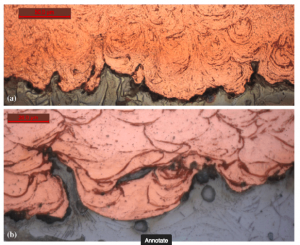 Researchers have retracted a 2016 paper after discovering that they accidentally administered three times the reported dose of anesthesia to rats.
Researchers have retracted a 2016 paper after discovering that they accidentally administered three times the reported dose of anesthesia to rats.
In the Experimental Physiology paper, the authors set out to mathematically map how rats’ blood pressure changes under different conditions, which required the rats to be anesthetized. But their findings were called into question when they found the rats had received a much higher concentration of anesthesia than intended. According to the notice, this higher dose compromised the “objectives of the experiment.”
The corresponding author Karol Ondrias, from the Institute of Molecular Physiology and Genetics at the Slovak Academy of Sciences in Bratislava, told us how the dosing error occurred: Continue reading Researchers mistakenly administer three-fold higher dose of anesthesia

 Several years ago, a group of four chemists believed they had stumbled upon evidence that contradicted a fairly well-established model in fluid dynamics.
Several years ago, a group of four chemists believed they had stumbled upon evidence that contradicted a fairly well-established model in fluid dynamics.
 When two surgeons in Greece learned that a patient had developed a rare side effect following weight loss surgery, they were eager to publish the case.
When two surgeons in Greece learned that a patient had developed a rare side effect following weight loss surgery, they were eager to publish the case.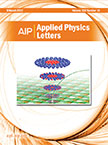
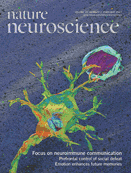 Only days after his paper was published online, a neuroscientist has posted a comment on PubMed alerting readers to several duplication errors.
Only days after his paper was published online, a neuroscientist has posted a comment on PubMed alerting readers to several duplication errors.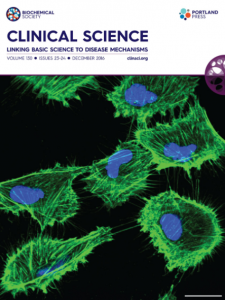
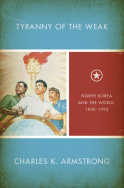 The author of a high-profile book about the history of North Korea is issuing 52 corrections to the next edition, scheduled to appear this spring. The changes
The author of a high-profile book about the history of North Korea is issuing 52 corrections to the next edition, scheduled to appear this spring. The changes 